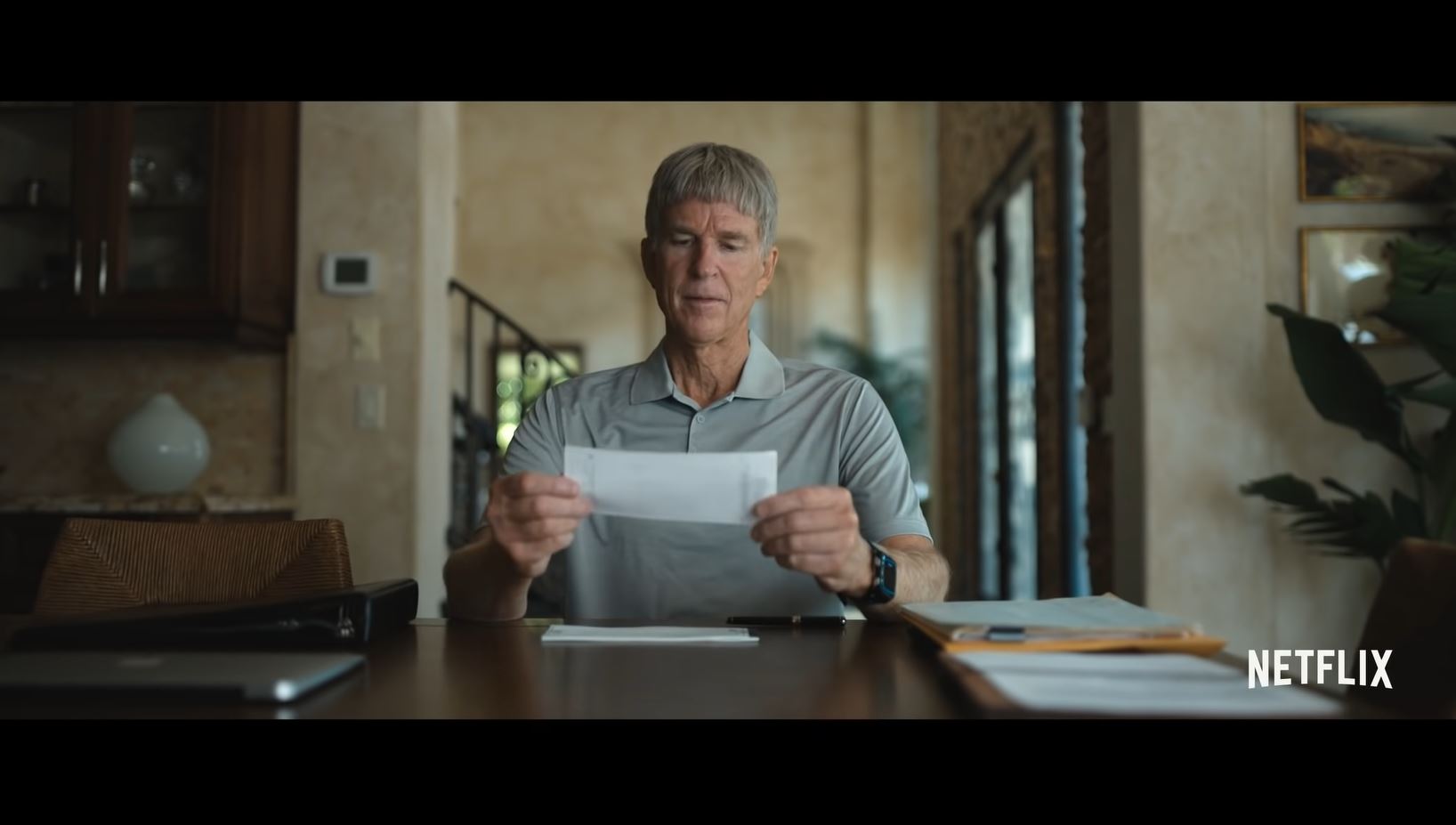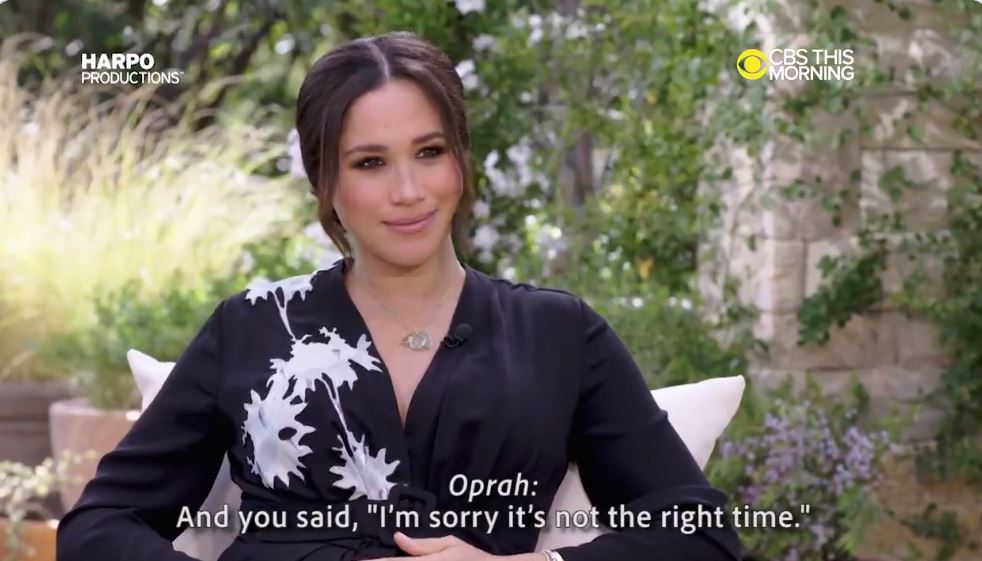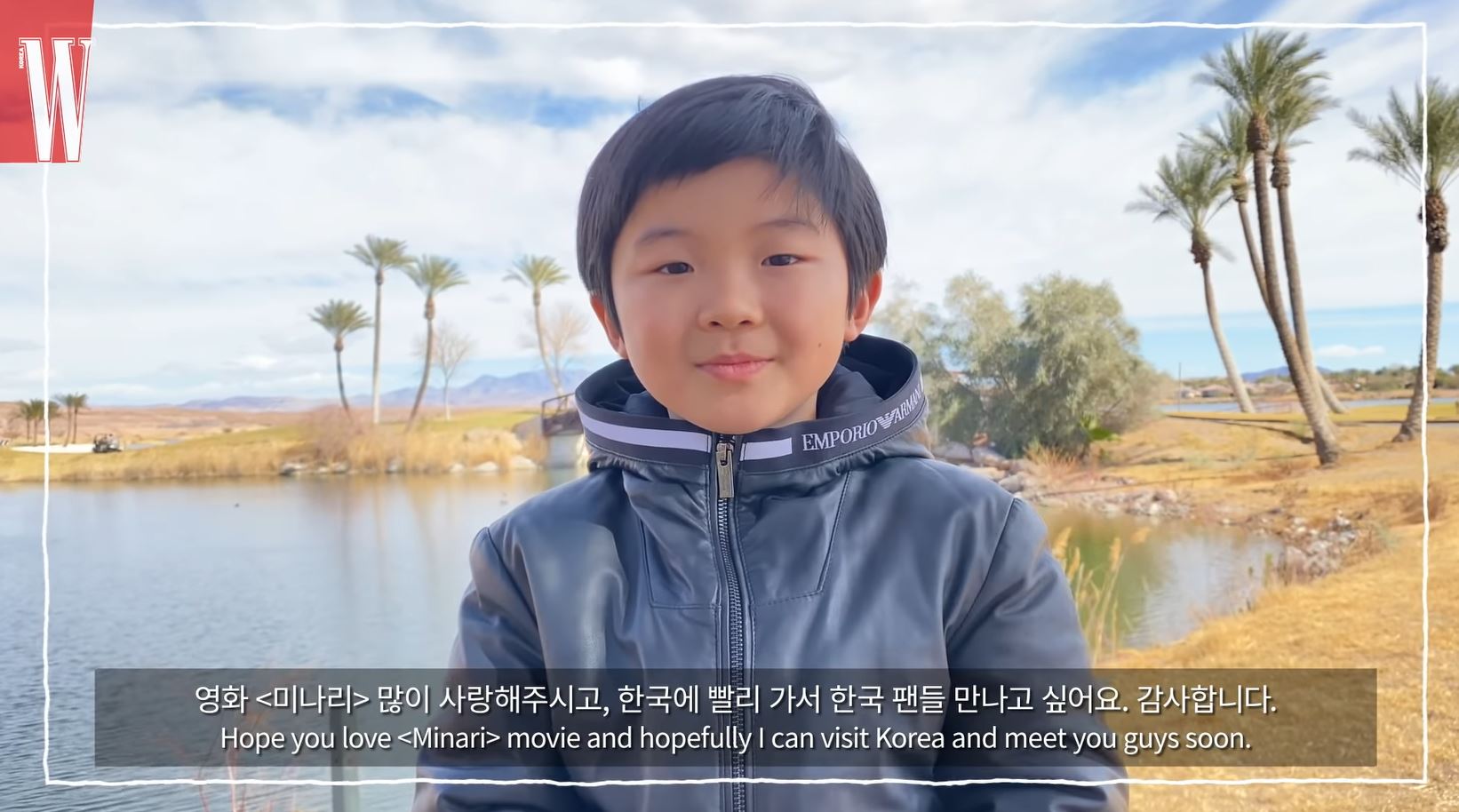Operation Varsity Blues and the “Side Doors” to Higher Education




Doesn’t the college admissions scandal seem like it happened ages ago? Just me?
Many of us are reflecting on the one-year anniversary of the pandemic and its subsequent shutdowns. In a week, it will be the one-year anniversary of my school closing for Spring Break, never to return in the same way. One year minus one week ago, I took my children out of school when it was still morning, anticipating K-12 school closures and afraid of what would happen if I were to let them stay any longer. Almost one year ago, I remember a grocery trip in the morning that felt surreal and that reminded me of that episode of The Americans where one of its characters gets sent to Russia and shops with mostly empty shelves and an eerie silence surrounding her that lets her and us know that things are different.
Maybe it’s because I remember processing the absurdities of this case with my students in person and in a classroom that this story seems from forever ago. The scandal was made public to us almost two years ago to this day, so it’s actually pretty impressive that we have a trailer, let alone a whole feature that will air on Netflix in just a couple of weeks.
I don’t know how to feel about how much the re-creation of the scandal is factoring in this trailer and that a recognizable actor is the key “re-enactor.” Could this documentary be an in-depth examination of the inequities that made this scandal possible? Or perhaps I should take a hint from the trailer itself and prepare myself for a documentary that will concern itself more with the aspects of this case that simultaneously “fascinate us” and “disgust us”: wealth and celebrity.
I will watch because...what else am I doing? Tired pandemic joke aside, I will watch because I want to remember the outrage I felt as I read every news story about this scandal at the time. The outrage I felt for my students, many of whom have experienced an education system that has hurt them and yet they still dream of a four-year education, and sometimes of one at a prestigious U.S. university. I will watch for them so that next semester, I can use it as a way to help me frame readings and conversations I’ve been having with students (and colleagues) for years about the contradictions of an educational system that has not been built for them and often does not serve them. I’ve written before on this site (briefly) about the leaks of the education pipeline, and let me tell you, students like me, who make it all the way to the PhD, make it not because of the education system, but in spite of it.
This pandemic, as we’ve seen, has exposed so many inequities. In the United States, Black, Indigenous and other People of Color have been affected in greater numbers than white folks. BIPOC have died at higher rates, been hit hard economically, have less access to health care, and have had to perform the brunt of the essential (often underpaid) work that has allowed our society to continue to function, even in this limited way. So many of our students and their family members are these essential workers – the ones who are getting sick, experiencing loss, being affected financially, and experiencing mental health crises.
So I see this trailer and I get angry for my students. I get angry because before the pandemic, access to higher education was already an issue. Because even when they got there, they still encountered governmental, institutional, curricular, and financial barriers. But now, we are losing so many of them.
In the trailer, there’s a phrase said by Rick Singer (played by Matthew Modine) that stuck with me and took me back to my graduate school days when I taught and eventually wrote about an essay written by a great education scholar named Laura Rendón. (If you are an educator and want to read an amazing book about the importance of teaching from your mind AND heart, read her book Sentipensante Pedagogy: Educating for Wholeness, Social Justice and Liberation.) Rick Singer’s scheme was to open the side doors of higher education to the children of the rich and famous that did not have the “merit” to get into these schools otherwise.
The reason the phrase “side doors” stood out was because in her essay “From the Barrio to the Academy: Revelations of a Mexican American Scholarship Girl,” Rendón writes this about the role of community colleges as students of color pursue higher education:
"People like me...are not likely to enter higher education through the front door. We do not apply to wealthy liberal arts colleges or to institutions whose prestige is unquestioned...I believe that most students like me enter higher education through its windows, only to find that all around us are walls that keep us secluded and marginalized."
I remember unpacking this analogy with my students and eventually and often arriving at: What does it feel like to enter a space through its windows and not its front doors? What are the many ways higher education makes us feel as though we do not belong?
The side door that Rick Singer offered might as well have been a front door that welcomes the children of the rich and famous. They may have entered schools like Yale, USC and the University of Texas through the side door but no one questioned why they were there. No one was asking them if their parents paid 250K (!) to get them in. No one was wondering how they were there in spite of their mediocrity. Their side door entrance gave them a front door experience. You know that phrase “Some people are born on third base and go through life thinking they hit a triple”? This is what these side doors do: get people thinking they are hitting triples and home runs when they are playing a different game than so many others. And so many watching the game believe the winning score. Meanwhile, so many others have been told behind our back and to our faces that we are only in higher education because we must be the “affirmative action” or “diversity” admit or hire. We are seen as the ones who sneak into a space that is not their own.
Community colleges, like the one where I teach, are critical access points to higher education and upward mobility for our students. But because of the pandemic, many are not enrolling in community colleges. And that is not even acknowledging how BIPOC students have been affected at the K-12 levels. So when I’m watching Operation Varsity Blues: The College Admissions Scandal next month to learn about how people like Felicity Huffman and Lori Loughlin performed this scam, I will be hoping that someone is or will make THE Netlifx documentary that examines the ways our education systems failed our students before the pandemic and before Operation Varsity Blues, and how the pandemic made these failures all the more obvious. Because to me, that is the scandal that we should want to unpack.

